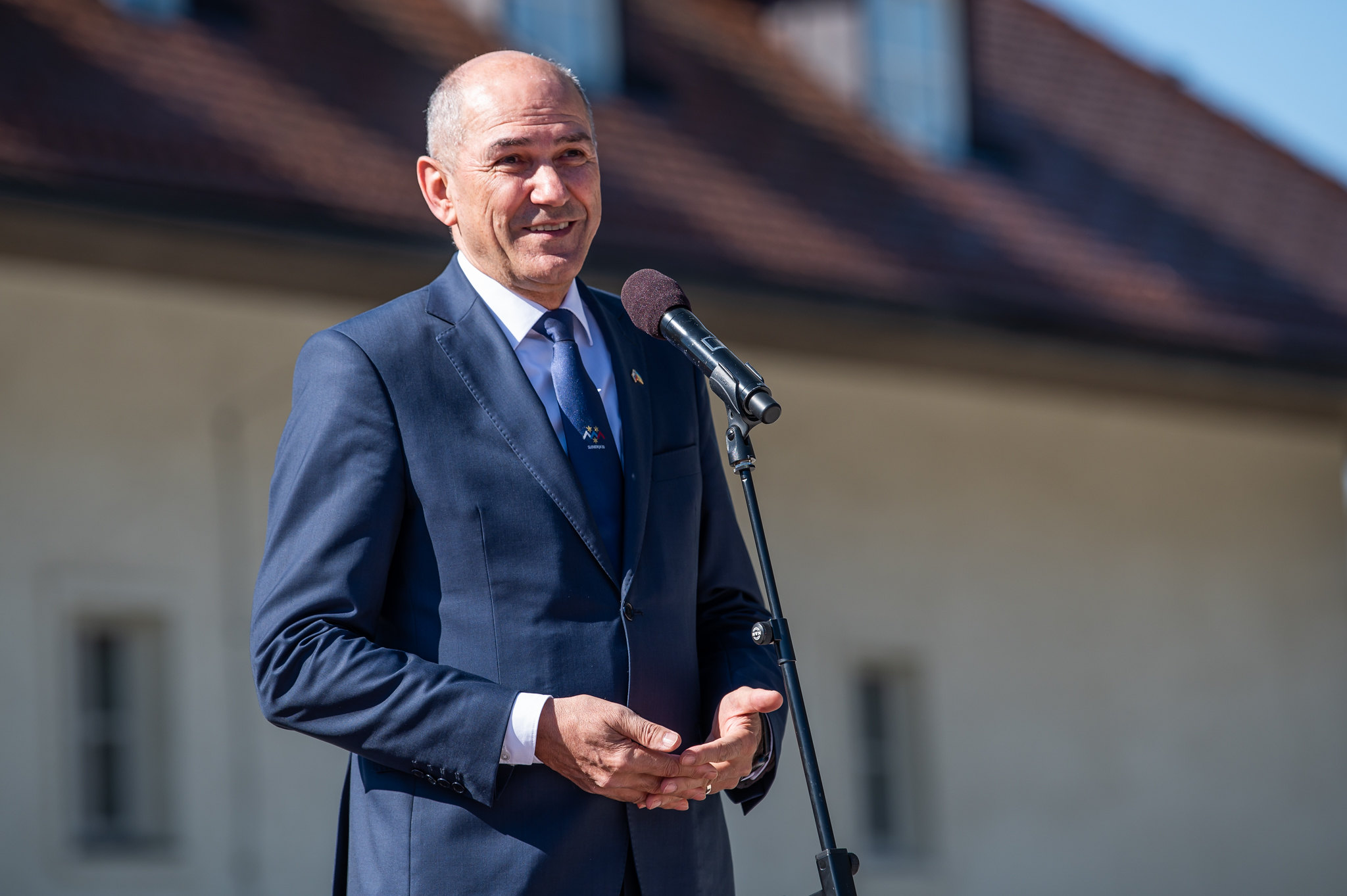By: Tanja Brkič / Nova24tv
As many as 45.9 percent of Slovenians support the approach of the government of Janez Janša to the alleviation of energy prices, while only 28.7 percent believe that the government of Robert Golob has adopted more appropriate measures – namely, the latter acted in favour of the budget and to the detriment of taxpayers.
After the Freedom Movement party (Gibanje svoboda) opposed government regulatory measures, the government did not decide to extend the regulation of motor fuel prices. In the meantime, the three-month period of temporarily halting the charging of network charges and the contribution for renewable sources for electricity has expired, so the bills are, once again, significantly higher than they used to be. The new government, led by Robert Golob, has introduced old, rather uncomplete measures, which, according to the Parsifal agency’s latest public opinion poll, are worse than the measures of the previous Janez Janša government, according to Slovenians.
Parsifal’s latest public opinion poll, conducted between the 22nd and 24th of June, also addressed the public opinion on rising energy prices and asked whether the people participating in the poll were more in favour of the Janez Janša government’s energy crisis mitigation approach, or the measures adopted by the current government of Robert Golob. The majority of the respondents (45.9 percent) support the approach of the government of Janez Janša, which had reduced energy costs through measures at the expense of public finances. By doing so, the government gave up its share of the money in favour of the taxpayers, while the approach of the Robert Golob government is supported by 28.7 percent of the respondents. The Golob government shifted the burden of the higher costs of energy prices directly to the people.
The government of Janez Janša decided to temporarily regulate the retail prices of certain petroleum products on the 14th of March, due to severe disruptions in the market for petroleum products and large fluctuations in price after the Russian attack on Ukraine. It set the maximum allowed price for 95-octane petrol at 1,503 euros per litre and the maximum allowed price for diesel at 1,541 euros per litre across the country. Then, on the 31st of March, due to the problems caused by the regulation to some smaller providers, it set the maximum allowed wholesale prices at a slightly lower level.
The new Prime Minister, Robert Golob, recently announced new/old measures with which his government intends to mitigate the effects of rising energy prices. Several smaller measures were presented, including the regulation of retail prices of petrol and diesel. But keep in mind that the price will only be regulated outside the highways. On the highways, the state will not interfere with the price, which means that people will have to pay more for fuel. The promised fight against inflation thus remains nothing more than an idea on paper.
The survey included 727 respondents, of which 51.1 percent were women. The average age of the participants is 54 years. The majority of the respondents are from the oldest age group (49.1 percent), a slightly smaller share of participants belongs to the middle age group (34.9 percent), and the smallest number of respondents is from the youngest age group (16 percent). The majority of the respondents have completed high school (34 percent), followed by those with completed high education or higher (27 percent), 21.1 percent of respondents have finished vocational school, and 17.9 percent have either completed or have not completed primary school. Most of the respondents are from Central Slovenia (25.8 percent), followed by the Podravska (14.3 percent) and Savinjska (12.5 percent) region.
